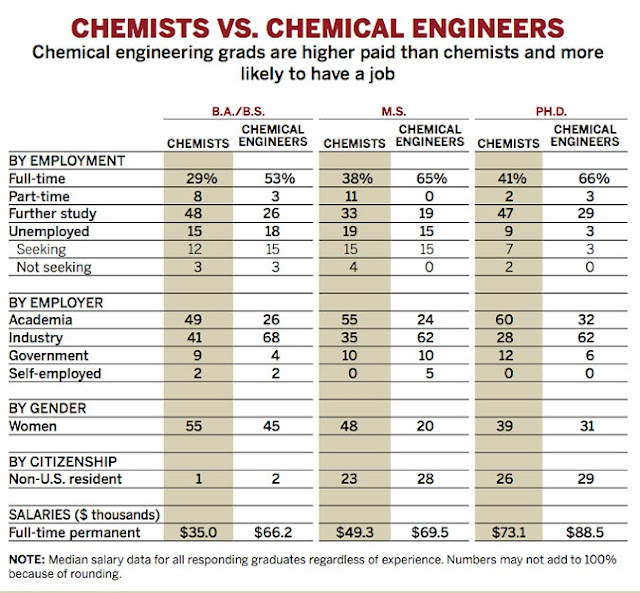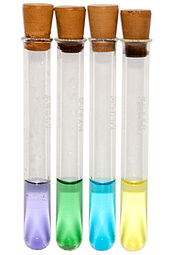 |
| Of course our compound is going to make it through the clinic! Brother, would I ever lie to you? Photo credit: Wikipedia |
I think there is a kayfabe aspect to being a leader in any sort of a research organization. You have to project a sense of hope and optimism that things are gonna work out. You have to tell the people around you that, hey, we're pretty smart and if we work hard and have just a little bit of luck, we can crack this thing (intractable SARs, tough chemical development issues, whatever).
At the same time, I suspect it must be difficult to not take a little sip of your own Kool-Aid. If you keep saying very hopeful things to other people, you might actually start believing some of the very hopeful things that you say. While that's okay, I think that most bench scientists are deeply skeptical in general and pretty knowledgeable about boss kayfabe, and will get nervous if the boss delves too deeply into it.
Ultimately, I believe scientific leadership works well when there is a careful mix of determination, optimism and realism. Too much of any of those, and you're going to upset that willing suspension of disbelief.











